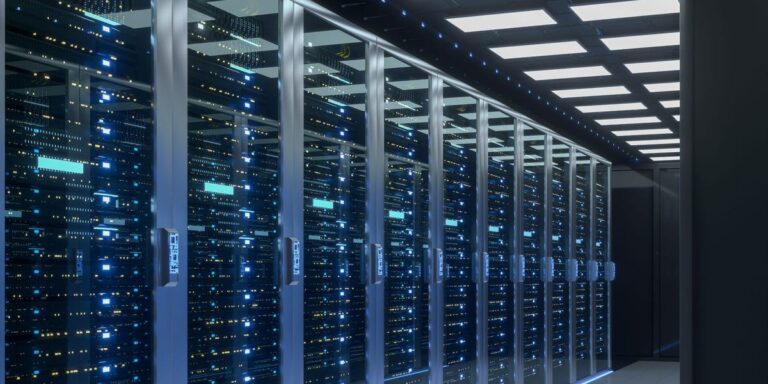- AI is driving huge electricity demands.
- Despite previous promises, some executives now say clean energy may not be able to meet AI's growing needs.
- That could force AI companies to rely more on fossil fuels than expected.
AI is driving new power demand dramatically, and while technology executives have long touted their commitment to a green energy future, the urgency of that demand makes the path forward difficult. It has become.
The Wall Street Journal reported that questions about fueling the AI boom were the focus of S&P Global's CERAWeek earlier this month. The annual energy conference brings thousands of executives to Houston to discuss topics ranging from geopolitics to the energy transition.
No one knows how much electricity will be needed to power the AI boom. AI requires huge computing power and energy loads, which has led to an explosion in data centers. Microsoft co-founder Bill Gates said at a press conference that the amount of power that AI consumes is staggering.
“You think, 'Oh my God, this is unbelievable,'” Gates was quoted as saying. ChatGPT alone consumes over 17,000 times more power than the average US household each day.
A concern among technology executives is that AI's energy demands will exceed the capabilities of clean sources. Wind and solar power are unreliable because they are subject to changes in the weather. Nuclear facilities take years to build and are not a viable option if a company needs power quickly.
“The technology industry is not going to wait seven to 10 years to build this infrastructure,” Toby Rice, CEO of natural gas producer EQT, said in an interview with the Journal. “That leaves us with natural gas.” Rice said at a news conference that he was repeatedly asked two questions: “How fast can you travel? How much gas can you get?”
The problem becomes even more pressing given the Biden administration's goal to reduce carbon dioxide emissions, a byproduct of burning coal and natural gas that exacerbates the climate crisis. Last April, Biden set ambitious goals to make the power sector carbon neutral by 2035 and the U.S. economy to net zero by 2050.
Some executives were adamant that the dramatic growth in AI will not impede the transition to clean energy. “We will be net-zero by 2050. We absolutely still believe that,” Dominion Energy CEO Robert Blue said in a statement. “But the increased demand is making it even more complicated.”
Blue said his company is building at least one new natural gas plant to meet data center demand.


